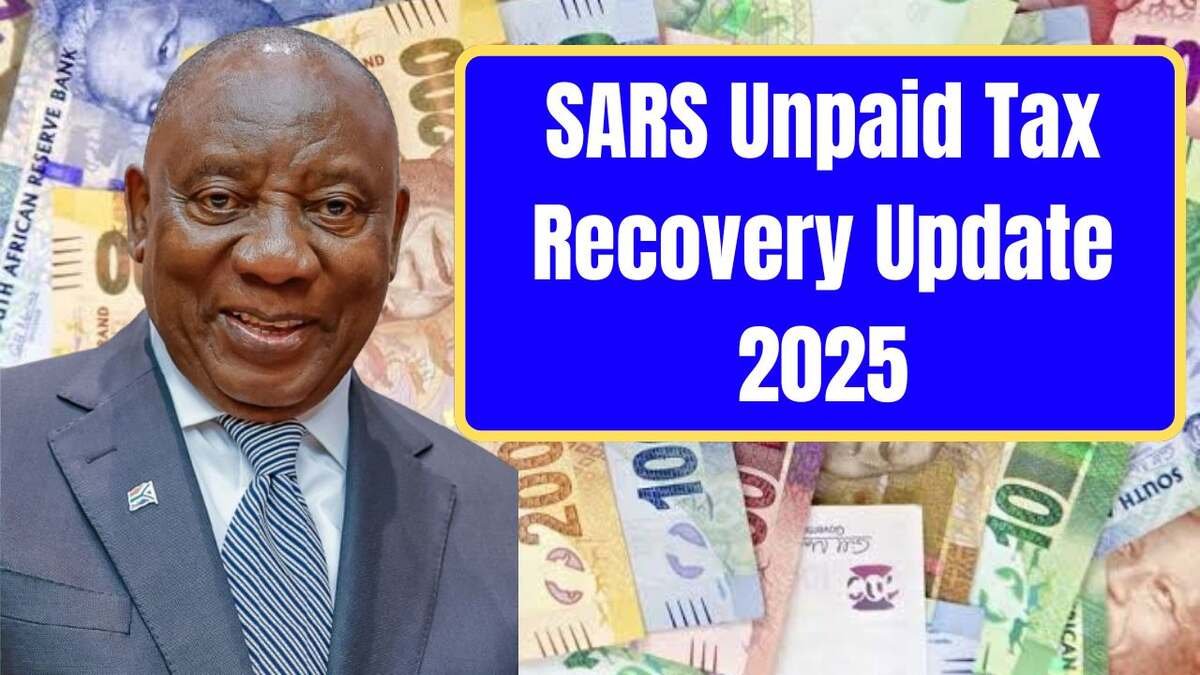By 2025, SARS will be building through the tax recovery efforts to be in line with the economic growth expected in the country in the future. As part of its different subsidizing programs, SARS have devised different measures of following up unpaid taxes owed by individuals and organizations and applying penalties for non-compliance. If you are an individual or organization currently finding themselves in a situation of tax debt, remaining updated about these changes and taking proactive measures will solve your outstanding liabilities.
New Initiatives And Enforcement Actions
To track and recover unpaid taxes, new systems are introduced in SARS in 2025 using advanced technology. The new systems for capturing and processing taxpayer performance rely on data analytics and artificial intelligence to identify people or companies that owe taxes and have yet to make payments. One of the most significant changes to the overall system of the department is the increased volume of cross-checking information provided through third-party data such as bank transaction data and records of property ownership in declared returns. Thus, SARS can be expected to have a more accurate picture of individuals’ and businesses’ financial activities.
Enforcement actions are likely to follow in the wake of unpaid taxes to a particular taxpayer by SARS. Sending demand letters, levying penalties, garnishing wages or freezing assets in extreme cases as well as taking action against them in the court of law are such measures, with the last one complicating matters further for the taxpayer. Businesses, in general, must be careful to stay on top of their tax responsibilities, as failure to comply could mean dire consequences such as closure or forced liquidation.
Voluntary Disclosure Program
For taxpayers who disclose unpaid taxes before the revenue service makes contact with them, SARS will have a Voluntary Disclosure Program (VDP) as well. The IRS obligates this program to ease the amount of liabilities and interest that would exist for such unpaid amounts. It is a more relieving option for individuals and companies with tax arrears. or This is the DLP under which SARS allows taxpayers to approach the revenue service to voluntarily disclose taxes that they have not paid before such taxpayers are contacted by the revenue service. It can reduce penalties and interest that would otherwise apply. For individual and business tax, it is an easier route for compliance in cases of tax arrears.
Conclusion
The South African government’s topmost agenda in 2025 would be recovering overdue SARS taxes. With very competent systems and intensified enforcement, this is the time to maintain all tax responsibilities and action quickly on straggling payments. The Voluntary Disclosure Program allows for a settlement of taxpayer arrears over penalties. Therefore, it is portable to take quick action against unpaid tax issues.
Also Read: SASSA Old-Age Grant Outlook For 2025: Payment Increases And Key Changes
